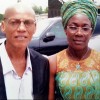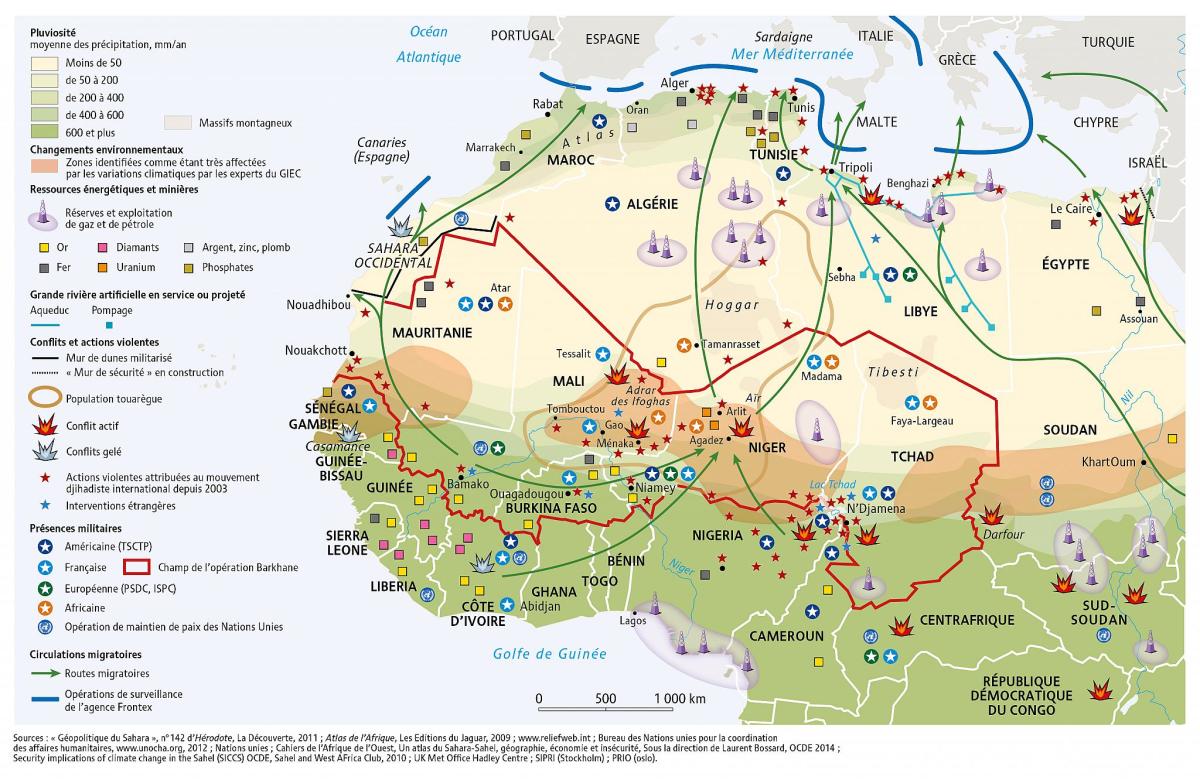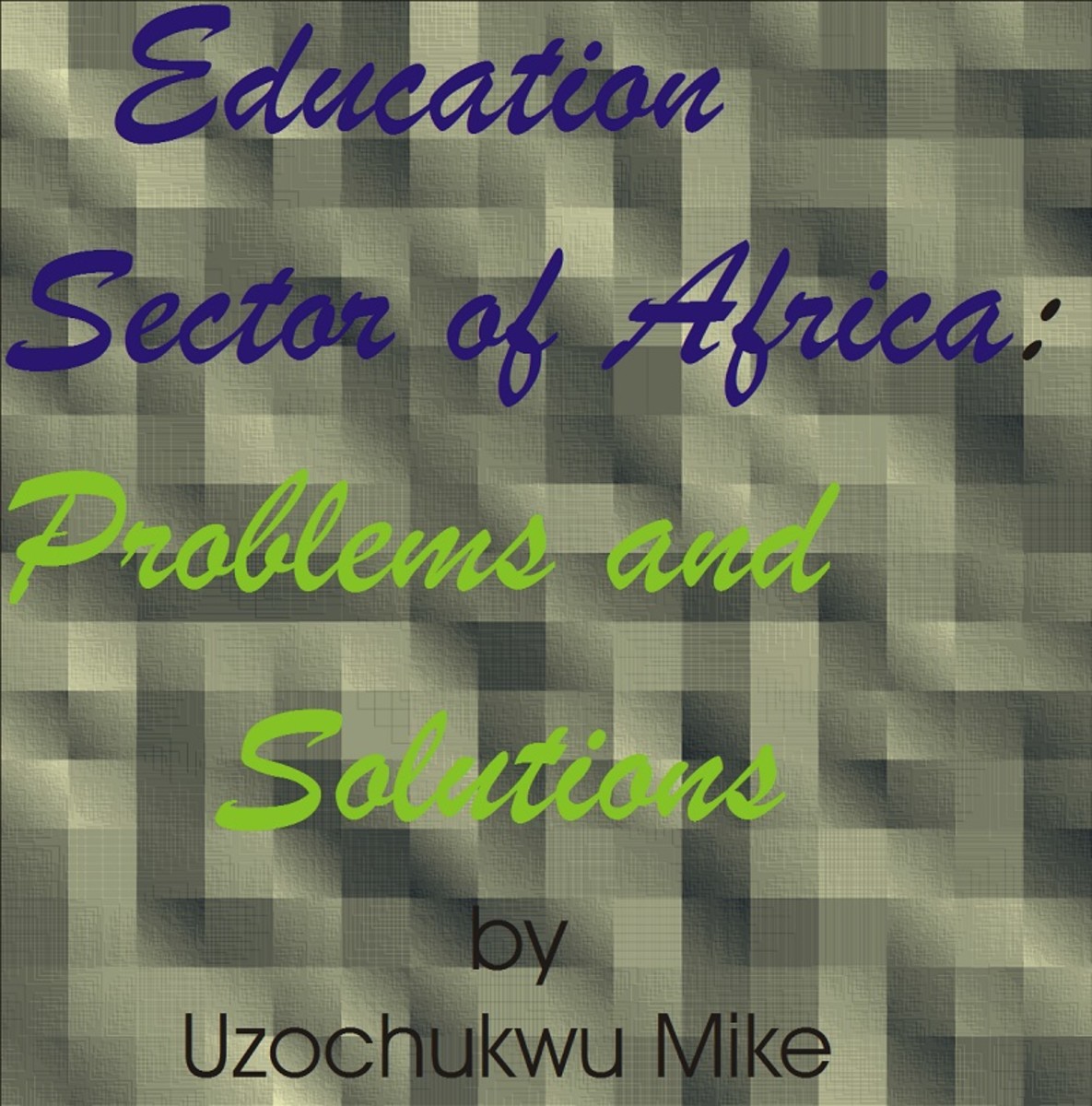The Economic Roles of African Women in National and International Development
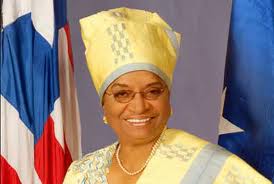
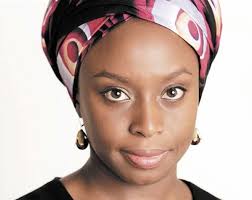
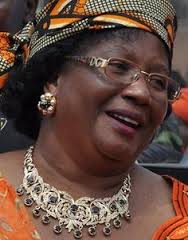

Economic Role of African Women
Throughout the ages and in numerous societies around the world, Africa not being an exception, women have come a long way through a society that has not been particularly charitable to the womenfolk. Women recently have moved to a life of greater fulfillment, while most men have wondered about the progress made by women.
in the past, Africa belonged entirely to the men while women were contented with playing the second fiddle. this trend has changed in modern times and women have now come to take their rightful places beside the men as equal partners. time has passed when the role of women was restricted to only producing babies and preparing food in the kitchen.
The popular stereotype of a predominantly male-oriented society in which men tend to obscure the important complementary role of African women in our continent’s economy is the height of ego-egocentricity and colossal injustice. Traditionally, the role of women in our social structure as well as in the economic system is separate from but complementary to that of men.
The cause of the obscuration of women who are influential in our continent through industrial and maintenance of high standards of workmanship is that only men’s roles are publicized in our society. Because of the greater prestige value attached male activities, women don’t hold equal status in traditional society, but women have contributed immensely to the survival of the continent than is recognized.
Goldman Sachs in Womenomics 3.0. The Time is Now reports that, “In Africa’s seven largest economies, only 32.7 percent of women participate in the workforce. In spite of this women make up an estimated 70 percent of the “informal” economy in areas such as crop production, animal husbandry and food processing: invisible roles.”
The impression that African women are subservient individuals with little economic value is misleading. They have for years been struggling incessantly to fend off imminent starvation in the continent. In most parts of the continent, in addition to the domestic activities women perform, they are responsible for manufacturing pottery from local clay, trading activities, helping their husbands in the farm or in fishing. Once game and fish were caught and retrieved, women handled the processing and distribution of the catch.
The women’s trading activities lead to a situation where the men raise crops and live in the village with the children while the women spend time on the market circuits. Though, women are economic as itinerant traders affect their child-bearing –a formidable opportunity cost. Child-bearing is an economic liability for women’s economy, because activities are brought to a halt for more than a year when she bears a child.
In early years, children increase household’s subsistence needs, but after the early years, however, they become part of the work force. Traditionally, a married couple possessed all the knowledge and skill necessary for self-sufficiency and the family was the unit of consumption. Then the economic aspect of the husband-wife tie was considered to be of equal importance to that of child-bearing. Women’s work were highly diverse yet they center on the house and its management, production and rearing of children and cooking in most parts of the continent.
In the African Development Bank’s Annual Meetings in Kigali on May 19, 2014, it was reported, “Economic changes in recent decades have shifted traditional power structure and witnessed the emergence of concepts that emphasize gender equality. It is acknowledged that across the continent, women play a pivotal role in agricultural production, rural economy, household-level nutrition and the reduction of rural poverty. Therefore, the promotion of African women and their access to finance plays a key role.”
Geraldine Fraser-Moleketi, African Development Bank’s Special Envoy on Gender said, “The institution will look to strengthen the economic foundations that empower women and equip them with skills and knowledge so that they can take advantage of economic opportunities.”
In the contemporary African society, the traditional subsistence economy still continues to function. But some technological changes have been superimposed on it. And women have been affected by these changes. Many African women now have well-deserved reputation as seamstress and designers of carefully tailored dresses to suit different seasons and activities.
This evident from what we see in our news media. Our liberated youths have ignored some of the old restrictions in marriage; as a result, the life of our women has undergone great transition and some aspects of their lives have changed dramatically and drastically. Many women now find full time or part employment as school teachers, medical doctors, career women and business women.
we are all aware however that the discrimination against women in general and the struggle of women against this discrimination has been age long. all over the world, it has been realized that women are a vital link in the chain of national and international development. A new era has dawned on the social status of women, and heightened by the technological advancement; women all over the world are no longer satisfied with the subordinate and restricted roles to which they have been subjected. the achievement so far made by African women in the development of the various African countries and international community has been noteworthy.
Some women have proved to have outstanding entrepreneurial abilities as shown by, “20 Young Power Women in Africa 2013” compiled by Farai Gundan for Forbes. Below are the profiles of four of them:
Isabel Dos Santos, Angolan, Investor. The daughter of Angola’s President, Jose Eduardo Dos Santos is African richest woman. Through her various holding companies, she controls a 25% stake in Angolan mobile telecom operator Unitel, a 25% stake in Angola’ Banco BIC, 25% of ZON Optimus, a listed Portuguese cable TV company, and just under20% of Banco BPI, one of Portugal’s largest publicity traded banks. She is also partnering with Sonae, Portugal’s largest retailer, to launch five new food supermarkets in Angola in 2014.
Mimi Alemayehou, Ethiopia, Executive Vice President of the Overseas Private Investment Corporation (OPIC). In 2010, U.S. President Barack Obama nominated Ethiopia-born Mimi Alemayehou as the Executive Vice President of the Overseas Private Investment Corporation (OPIC), the U.S. government’s development finance institution. She helps manage OPIC’s $16 billion war chest, channeling American capital to fund investment opportunities in emerging markets. Prior to OPIC appointment, Alemayehou served as the U.S. Executive Director at the African Development Bank.
Vera Songwe, Cameroonian, Country Director, World Bank, Senegal. Vera Songwe, a Cameroonian national, serves as the World Bank’s Country. Director for Senegal, Cape Verde, Gambia, Mauritania and Guinea-Bissau. She is also a non-resident senior fellow at the Brookings Institute with the Global Economy and Development and Africa Growth Initiative.
Tara Fela-Durotoye, Nigerian, Founder, House of Tara. The Nigerian-born entrepreneur, and lawyer is the founder of House of Tara, Nigeria’s leading beauty and cosmetics company. House of Tara develops a wide range of African-themed beauty products and perfumes and also operates Nigeria’s foremost beauty academy. In 2013, Fela-Durotoye was nominated as a Young Global Leader by the World Economic Forum.
Despite that the public domain especially politics and military are yet dominated by men, some women have made their mark. Ellen Johnson-Sirleaf and Joyce Banda are the presidents of Liberia and Malawi respectively. Catherine Samba-Panza, former Major of Bangui is the interim president of Central African Republic. Ngozi Okonjo-Iweala is a globally renowned Nigerian economist who has contributed immensely to the Nigerian economy as Finance Minister in two regimes –Olusegun Obasanjo and Goodluck Jonathan, the current Nigerian president. She was formerly one of the Managing Directors of the World Bank. Hanna Tetteh and Amina Mohamed are Kenya’s and Ghana’s foreign Ministers respectively. The lists of African women occupying important positions in their countries are endless.
The high economic values of both sexes and the fact that neither is just a drudge for the other have been proved over the years. The cooperative and complementary nature of men’s and women’s activities all over the years has helped in the survival of the continent.
In Women are the Key to Unlocking Africa’s Economic Growth says a Report by Liz Bolshaw reported that Seshi Samuel, E&Y’s (Ernest & Young) Africa People Leader, said, “The fact is that Africa needs to harness the power of one of its strong assets, its growing population, especially women, to drive full economic growth and social development.” While Geraldine Fraser-Moleketi said, “Africa’s economic future depends on role of women.”
